Discipline means that we choose what we want most over what we want now.
This is a principle that’s been on my mind lately. I finally wrapped up my study in the book of Leviticus, and there’s this verse in chapter 26 that I’m still thinking about three days after I finished that chapter:
“When I cut off your supply of bread, ten women will be able to bake your bread in one oven, and they will dole out the bread by weight. You will eat, but you will not be satisfied.”
Leviticus 26:26 NLT
Yikes.
Let’s give this some context: God has spent the book of Leviticus laying out all that is required for many different kinds of sacrifices. He has spent chapter after chapter giving Moses and the Israelites the instruction manual for how they are to approach Him. Great detail and an immense amount of thought was put into making a way for God to commune with His people.
When resources are rationed, they are inevitably hoarded.
Self is elevated above community.
Aaron’s sons – priests themselves – took about 2.5 minutes to mess it up. So imagine how easy it must have been for a non-priest to make a mistake. Therefore, we have nearly an entire book of scripture dedicated to detailing the pathway to holiness, lest anyone else’s sons get any more bright ideas about strange fire.
And now, in chapter 26, we read about the consequences for disobedience. Verse 26 is the beginning of the end of the chapter. God is essentially saying, “If everything I’ve already described to you is not enough, then it’s time to talk about the bread.”
Bread is a recurring theme in scripture, isn’t it? Meals were often enjoyed in community, and that’s significant, too. Bread wasn’t just something for the sake of sustenance – it seems to be a life-giving food, even in the sense that it was enjoyed in life-giving community.
When we are living in disobedience to God, our needs may be met for a time, but our lives will never be satisfied.
Fast forward to John 6 where Jesus says that He is the Bread of Life. Then the last supper where the bread is broken and given out to the disciples with the charge to remember Christ everytime they break bread together. And the road to Emmaus where Christ is revealed as bread is broken.
Knowing the significance of the Bread of Life buying our redemption makes this passage in Leviticus feel a bit more weighty. As a punishment for disobedience, bread would be rationed out. That which sustains life was to be used sparingly.
What impact might that have on the community? When resources are rationed, they are inevitably hoarded. Self becomes elevated above community. And I wonder – genuinely – what God thinks about that.
And then we get to this last line of verse 26: you will eat, but you will not be satisfied.
There will be enough to sustain you. Enough to exist. But you will not be fulfilled.
And after all that… God remembers His promise.
When we are living in disobedience to God, our needs may be met for a time, but our lives will never be satisfied. We will lack purpose, so we will impose our own understanding and reasons for existence onto our lives. We will create our own purpose even though we could not create ourselves.
But when we walk in obedience, we partake in the Bread of Life who came that we may have life and life more abundant.
Here’s the thing… God spends the majority of Leviticus 26 telling Moses about all the consequences the Israelites would experience if they disobeyed. But at the end of the chapter… after all that… God remembers His promise.
There is no distance too far, no disobedience too great, no sin too dark for
Christ’s redemption.


Leave a Reply
Want to join the discussion?Feel free to contribute!